I was at Ryoanji Temple in Kyoto a couple weekends ago and stopped in the 湯豆腐 (boiled tofu) restaurant on the grounds as I almost always do. A friend and I split a single serving (enough for two unless you really like your boiled tofu) and took in the view of the pristine garden.
A couple came in at some point and ordered their food and drink. When they ordered their drinks, the guy said, ビールを一つと、ジュースを一つ. Simple enough: one beer and one juice.
The lady’s reply was awesome: ジュースは、コーラ、アップル、どっちがいいですか。Something like, “Which juice do you want, Coke or apple?”
I smiled and basked in the linguistic awesomeness that allows me to make the following sets of equalities and inequalities:
ジュース = 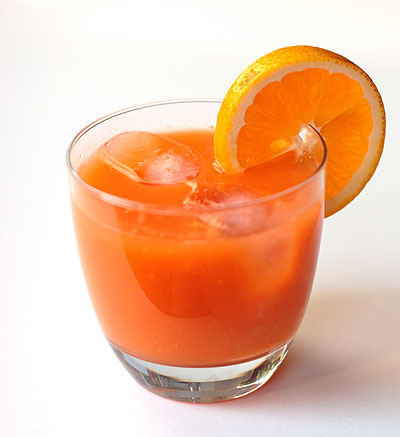
juice = 
juice ≠ 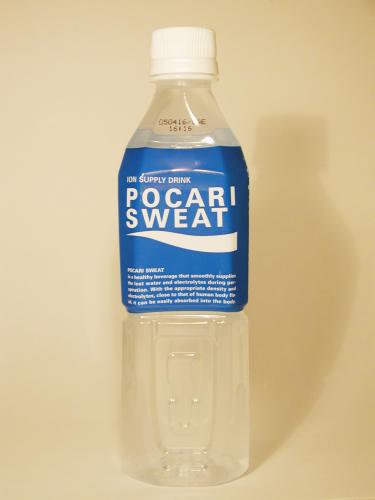
ジュース = 
ジュース = 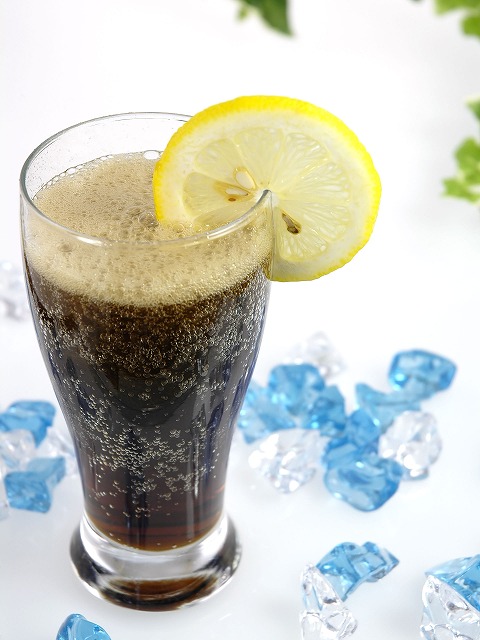
ジュース = 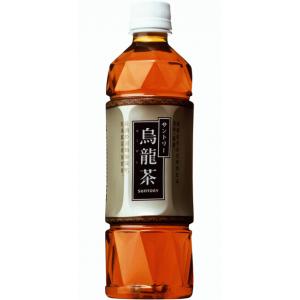
ジュース ≠ 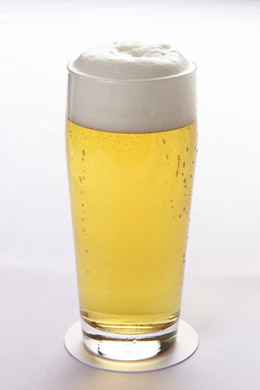
Wikipedia explains that beverage companies long sold soft drinks under the label ジュース, and the name has stuck despite the Japan Agricultural Standards’ best attempts to define it as stuff from fruit.
I was surprised that Wikipedia didn’t mention anything about alcohol. I have this impression that ジュース implies non-alcoholic, which is why I added that last equation. Part of this comes from vast 宴会 experience. At the start of an enkai, tables or trays are supplied with bottled beer and a selection of non-booze – usually ginger ale, orange drink, oolong tea and cola. (People dip into nihonshu and shochu after the initial toast.)
ジュース also happens to be one of my favorite words to over-enunciate. ジューーース.
